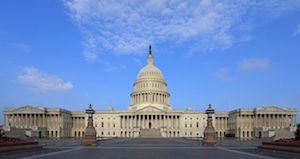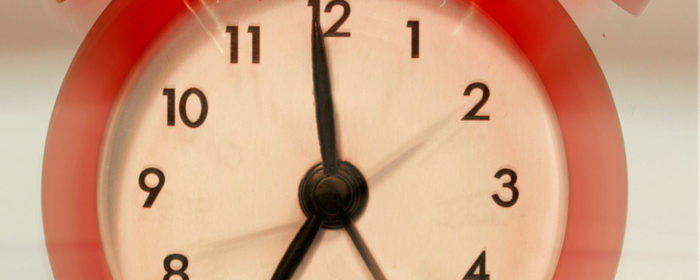Once again we set the clocks back: another tedious round in the tiresome game of time ping pong we’ve been playing since early in the 20th century.
We have a brief reprieve now, from fall to early spring, like a condemned criminal spared for a moment from trudging off to the gallows.
But eventually it’s time to face the music: in just a few months from now, good citizens all across the country will once again “spring forward,” turning their clocks ahead, to wake the following morning with one less hour of sleep.
Daylight Savings time is such a hassle. It’s just not worth the trouble. The readjustment period to the new time can be exhausting, and it’s even dangerous. We should get rid of this useless practice, and never look back.
It was originally proposed, early in the twentieth century, as a way to utilize more natural daylight, and cut electricity costs. But in our modern world, we run electrical devices nearly 24/7, so savings are negligible at best. And the aggravation of resetting all of our clocks twice a year is reason enough to drop the practice.
Who has the energy and inclination to waste time this way? And there’s always a clock or two that’s tricky to change; my car’s clock is like that, if I ever get around to bothering with it. Sometimes it’s even dangerous, like if you have to climb a ladder, for example.
There’s even medical research that changing the clocks can increase the frequency of heart attacks. But why is that? It’s because you effectively lose an hour of sleep in the spring, when you set the clocks ahead. If you wake up at 5:00 am, then you are effectively waking up at 4:00 am, until your body readjusts to the new schedule (which may take several days). This wreaks havoc with the body’s circadian rhythm, our natural biological clock. Some even feel we lose 210 to 240 hours thanks to this disruption, over time.
This is stressful, since it interferes with the natural circadian rhythm of your body. And for people with health risk factors, it’s bad news. Even if you have the discipline and foresight to retire an hour earlier the night before, it still adds unhealthy stress.
Let’s keep the clocks where they are today, turning them back for the last time. Many countries have rejected daylight savings time, seeing no clear benefits, and many obvious drawbacks. I hope the United States joins their ranks!
Daylight Savings: it’s time has come, and gone (The Verge)
Photo: Alan Cleaver • CC BY 2.0












